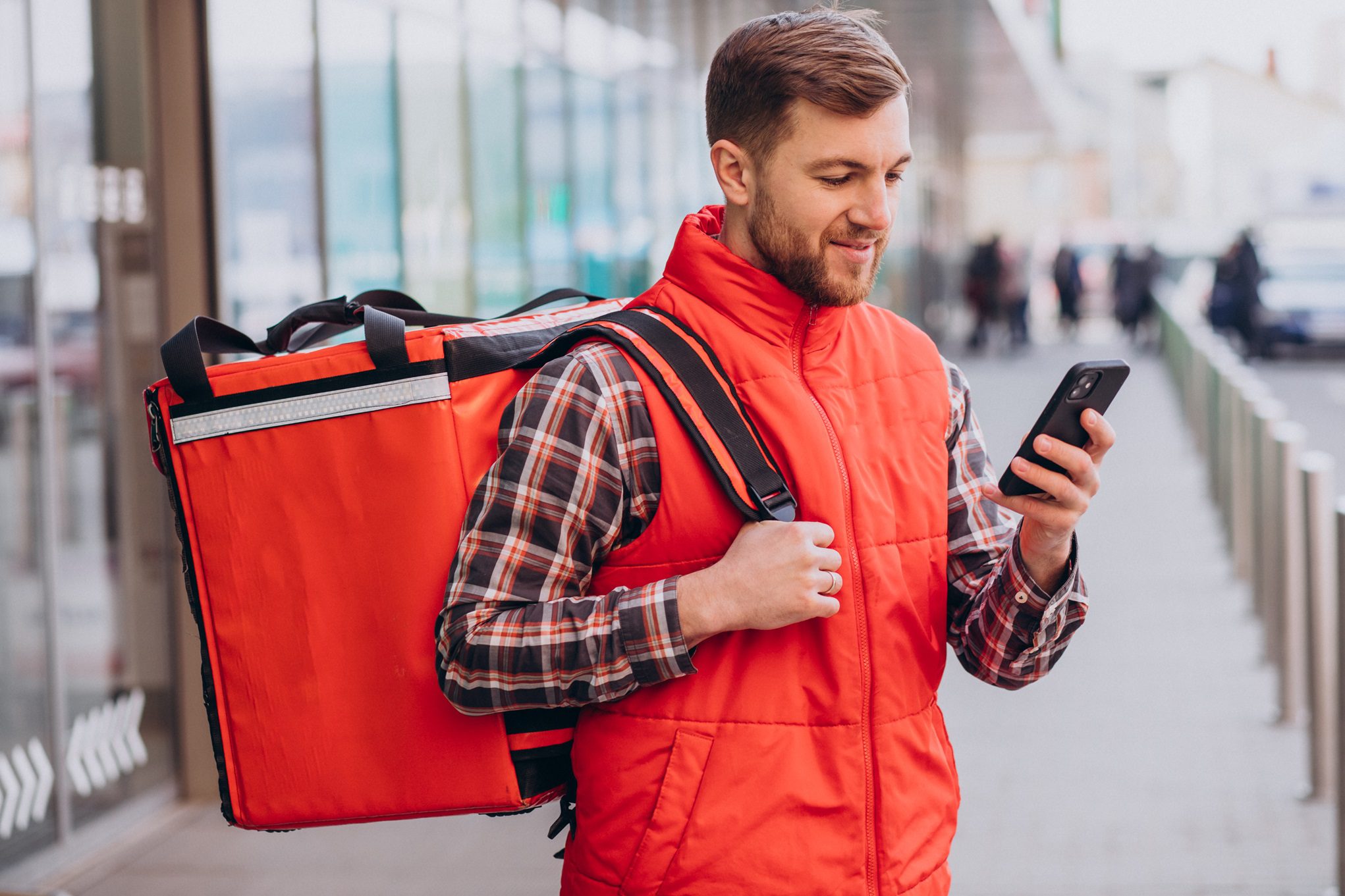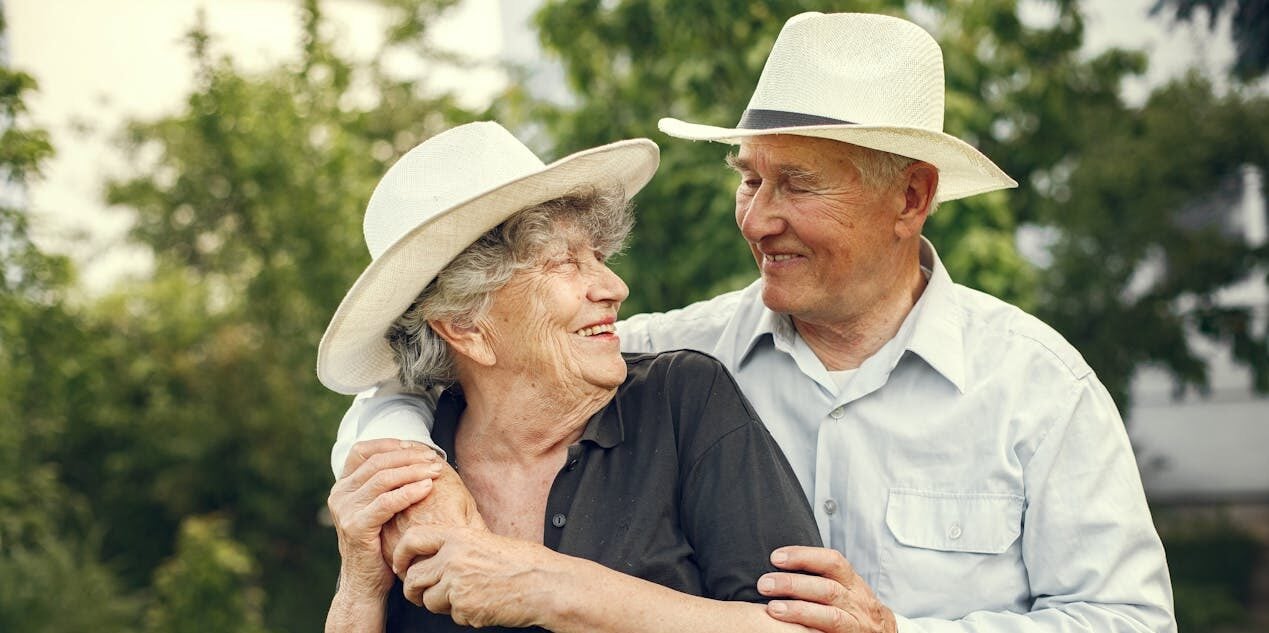The message finally arrives from the European Parliament new directive which will recognize greater protection for bicycle delivery men or “runners”, protecting them from “fictitious” self-employment contracts and from algorithmic and less than human management. However, this protection is the result of the positive experiences acquired by some national states, including Italy, already during the Covid-19 pandemic.
What rights and protections are afforded to these workers who operate on digital platforms?
You too can rediscover the pleasure of staying informed!
Your support helps protect our independence so that we can continue to produce quality journalism that is open to all.
Support us
Rider: what the new European directive provides
The European directive establishes three important protections. It requires all EU countries to treat delivery workers as employees and not self-employed workers when their employment relationship actually involves control and direction by delivery companies. This is an important clarification because the “subordinate” relationship it entails other recognized rights (vacation, vacation, sickness, social security, security). On the other hand, it requires the employer (and therefore the platform) to prove that the relationship is not subordinate (the worker will no longer have to prove it).
And once again, stop at “algorithmic” management of the worker on the platform: he cannot be revoked or dismissed on the basis of decisions taken by algorithms: companies will have to guarantee “human control” over decisions relating to the employee. Finally, a third protection: work platforms will not be able to process personal data on emotional or psychological state or personal beliefs, also in accordance with the protections provided by the AI law.
Why protect runners?
The protection of bicycle delivery workers worries 40 million workers. A figure that justified a directive recognizing the dignity, protection and rights of a type of platform worker.
What were the risks for runners? Multiple and different: mostly economic: this type of platform work, linked as we have seen to digital technologies, tends to qualify workers as independent, effectively depriving them of contractual security and any possibility of negotiation. In addition, their “algorithmic” management exposed them to forms of anxiety and stress, due to the continuous workload, devoid of human containment management. There is also no shortage of typical “self-employed” risks, such as isolation anxiety, sleep disorders, exhaustion, stress, depression, burnout, loneliness.
Protection was therefore necessary, but European states (including Italy) had already taken concrete measures in favor of runners with truly avant-garde good practices.
Forms of protection for runners, pay attention to safety
With the growing development of home delivery services different delivery organizationssuch as Glovo, Lyft, DoorDash, Uber, Waymo, Amazon Flex, have attempted to integrate safety recommendations into their apps or by leveraging hotlines, help desks, messaging and metrics interpersonal safety measures (for example, emergency assistance or panic buttons).
Unions also activated forms of exchange and collaboration on forums and social media, registries and observatories that disseminated informal safety measures and precautions to protect workers against specific risks.
But these interventions, often sectoral, were insufficient without a basic regulatory framework, coming from States even before Europe.
How have we protected workers' rights in Europe?
The upcoming EU directive is just the latest to attempt to regulate runners. European states had already tried with somewhat successful legislation and widely implemented best practices.
In Spain, the law introduced in 2021 introduced the right to algorithmic transparency calling on the principle of Human-In-Command (human control of the management and choices of the platform), and especially on the presumption of an employee relationship, acting as a precursor to the legislation of other countries which initially did not recognize it not (France and Italy in front). In France the El Khomri law it provides a series of rights and protections, such as the right to form and join a union, the right to disconnect, and workplace accident insurance.
But it is Italy with the Bologna “Charter of Fundamental Rights for Digital Labor in an Urban Context” which marks the difference with specific protection calibrated on worker safety, protection agreed with delivery companies and applicable to all. workers, whether they are or not. are employed or not. The Charter was then successfully followed by other regional initiatives in Lazio and Milan notably inspired by the principles set out in Bologna and with mixed results which however have guided the country towards the current regulations which already grant riders protection against salaried workers.
Rider: rights to a final destination
These initiatives demonstrate how, since good winning practices on the basis of sharing with the main economic actors (delivery companies, unions and States), we will then be able to guide and direct even Europe towards a shared system of essential protections.
Protections they need follow technological developments which neglects the dangerous “omnipresence” of algorithmic control systems and which must instead find a barrier in human and legislative control to avoid the forms of exploitation and risks to the health and safety of workers which are increasingly essential for the communities that need their services.



